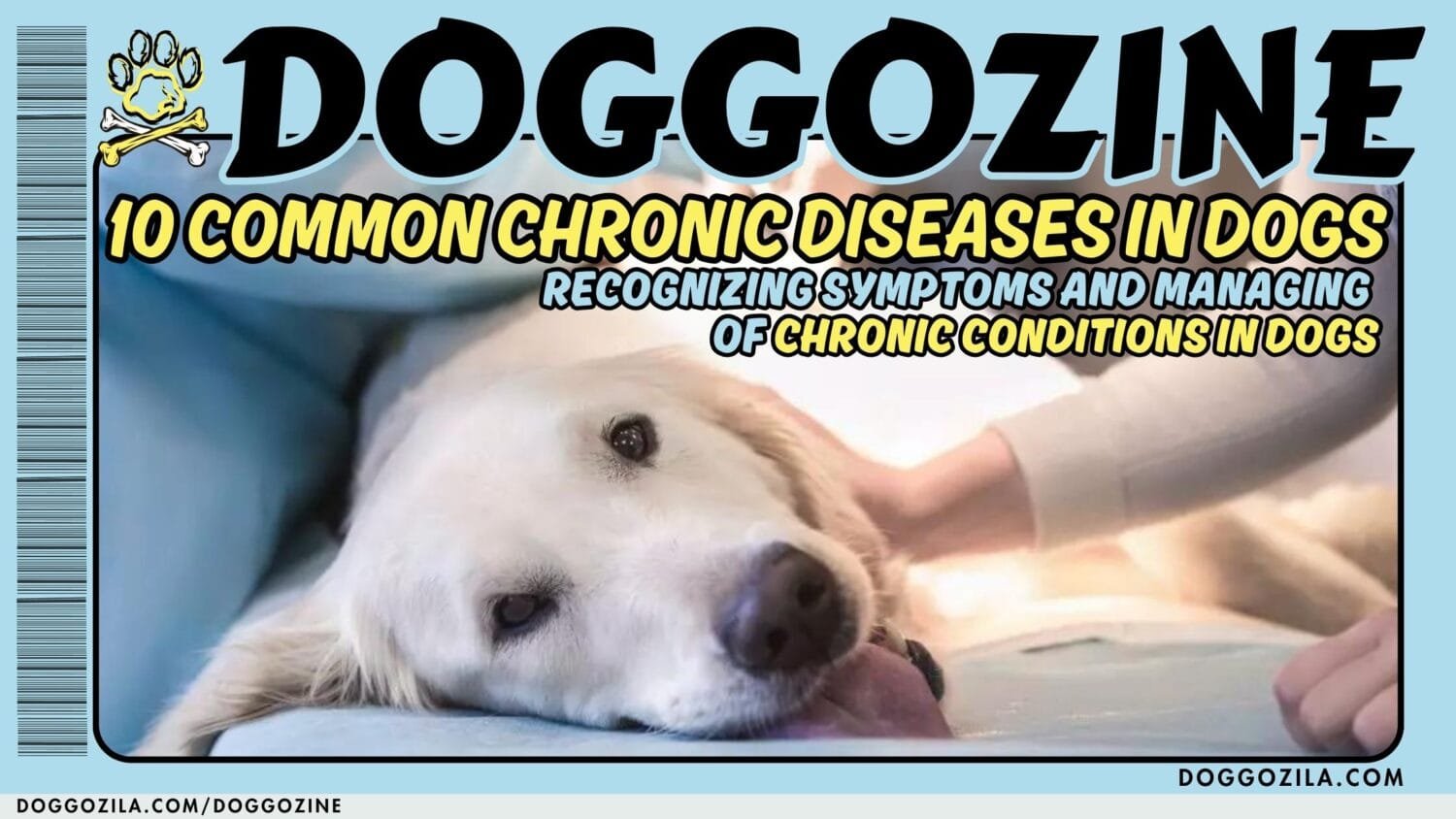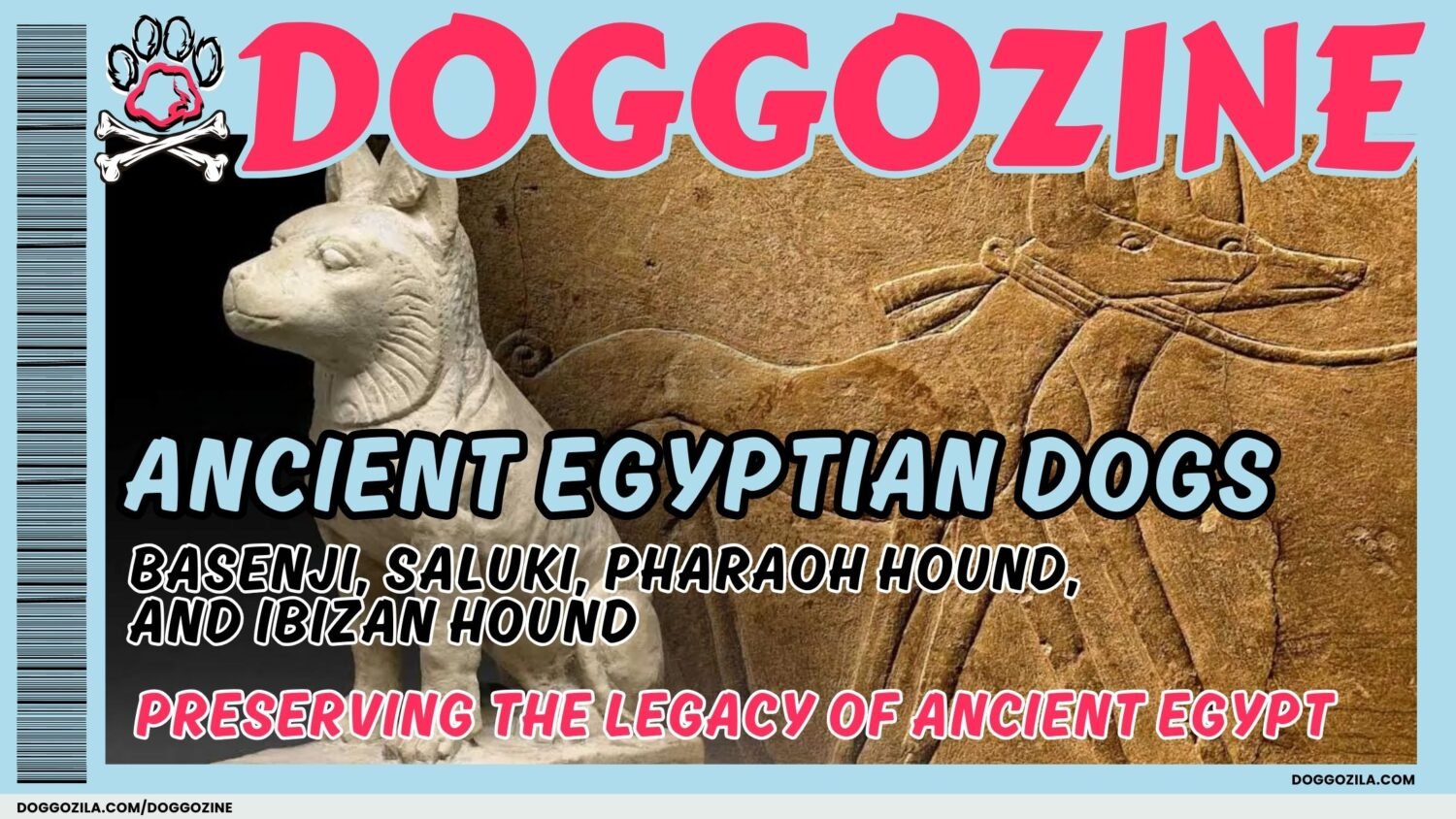Dogs are known for their intelligence and loyalty, but do they also have memories? The answer is yes, dogs do have memories. They can remember things that happened days, weeks, or even months ago.

DOGS HAVE TWO TYPES OF MEMORY
– short – term memory
– long – term memory
Short-term memory is for things that have just happened, like where their food bowl is or who their owner is. Long-term memory is for things that happened longer ago, like where they went for a walk last week or who their favorite toy is. Dogs can remember things in different ways. For example, they can remember things by smell, sight, or sound. They can also remember things by association.
For example, if a dog always gets a treat after going to the bathroom, they will eventually learn to associate the two events and will go to the bathroom more often in order to get a treat. Dogs’ memories are not as good as humans’ memories. They can only remember things for a short period of time, and they can sometimes forget things that happened recently. However, dogs’ memories are still very impressive, and they can use their memories to learn and make decisions.
How dogs use their memories?
- Dogs can remember where they have been. This is why they are able to follow their owners on walks or go back to the same spot to play.
- Dogs can remember people and other animals. This is why they are able to recognize their owners and friends, even after a long time apart.
- Dogs can remember things they have learned. This is why they are able to learn tricks and commands.
- Dogs can remember things that have happened to them. This is why they may be afraid of certain things, like thunderstorms or fireworks.
- Dogs’ memories are a fascinating part of their intelligence. By understanding how dogs remember things, we can better understand their behavior and how to train them.
How Long Do Dogs Remember Things?
The amount of time that dogs can remember things varies depending on the type of memory. Short-term memories only last for a few minutes, while long-term memories can last for days, weeks, or even months. One study found that dogs can remember the location of a hidden treat for up to 30 minutes. Another study found that dogs can remember the faces of people they have met for up to 2 years. It is likely that the length of time that dogs can remember things depends on the importance of the memory. For example, a dog is more likely to remember the location of a hidden treat than the face of a stranger.

HOW DO DOGS FORM MEMORIES?
Dogs form memories in a similar way to humans. They use their senses to encode information about the world around them, and they store this information in their brains. When they experience something similar in the future, they can retrieve the information from their memories and use it to make decisions. One study found that dogs use their sense of smell to form memories.
The study showed that dogs were better able to remember things that they had smelled before. This suggests that dogs may use their sense of smell to help them remember things that have happened in the past. Dogs also use their sense of sight to form memories. One study found that dogs were better able to remember things that they had seen before. This suggests that dogs may use their sense of sight to help them remember things that have happened in the past.
How Can You Improve Your Dog’s Memory?
There are a few things you can do to help improve your dog’s memory:
Provide plenty of mental stimulation. This could involve teaching your dog tricks, playing games, or taking them for walks in new places. Expose your dog to new experiences. This will help them to learn new things and form new memories. Be consistent with the dog training. This will help your dog to learn what you expect of them and make it easier for them to remember things. Reward your dog for remembering things. This will help them to associate positive experiences with remembering things and make them more likely to do it in the future.
Help to improve your dog’s memory and make them a smarter and more well-rounded animal.

WHAT DOGS REMEMBER THE MOST?
The incredible bond between humans and dogs is often attributed to the loyalty and affection these furry companions exhibit. One fascinating aspect of this relationship is a dog’s memory. Understanding what dogs remember the most can provide insights into their cognitive abilities and emotional connections. Let’s explore little more the intriguing world of canine memory, uncovering the factors that leave lasting impressions on our dogs.
Short-Term vs. Long-Term Memory in Dogs
Dogs possess both short-term and long-term memory capabilities. Short-term memory allows them to remember recent events, while long-term memory enables the retention of information over extended periods.
Associative Learning: Dogs excel in associative learning, where they link events, actions, or cues to specific outcomes. This form of memory plays a crucial role in their daily interactions and training.
Events That Leave Lasting Impressions
- Positive Experiences: Dogs remember positive experiences, such as playtime, treats, and affectionate interactions. These memories contribute to their overall well-being and strengthen the bond with their human companions.
- Traumatic Events: Unfortunately, dogs also remember traumatic events. Understanding how to help dogs cope with and overcome negative memories is crucial for their emotional health.
HUMAN-DOG CONNECTIONS
- Owner Recognition: Dogs have an exceptional ability to recognize and remember their owners.
Their memory retains the scent, voice, and appearance of the people they are close to.
- Social Bonds with Other Dogs: Dogs remember and form social bonds with other dogs.
These memories influence their behavior and interactions within a social context.
- Environmental Factors: Favorite Places and Smells. Dogs remember their favorite places, and their powerful sense of smell allows them to recall scents associated with positive experiences.
- Navigating Familiar Spaces: Canine spatial memory enables dogs to navigate familiar environments effectively.
They can remember the layout of spaces they frequent.
- Learning and Training: Training Commands. Dogs exhibit impressive memory in recalling training commands. Consistent training builds a strong foundation for long-lasting obedience.
- Problem-Solving Skills: Dogs remember solutions to problems they’ve encountered before, showcasing their cognitive abilities and problem-solving skills.
- Health and Aging: Cognitive Decline in Senior Dogs. Understanding memory decline in senior dogs is crucial for providing appropriate care and support as they age.
Brief sum up on do dogs have memories
Dogs’ memories are a mosaic of experiences, emotions, and associations. Recognizing what dogs remember the most enhances our ability to provide them with a fulfilling and enriched life. By exploring the intricacies of dog memory—from positive and traumatic experiences to their social bonds and environmental recognition—pet owners can foster a deeper understanding of their dogs.
This not only strengthens the human-dog connection but also contributes to the overall well-being and happiness of our beloved furry companions. Dogs do have memories, and they use their memories to learn and make decisions. Their memories are very impressive. By understanding how dogs remember things, we can better understand their behavior and how to train them easier to fit in our family.
Do you know how dogs perceive time or if they can perceive time at all?
If you like reading this article about dog’s memories, you would like this one as well!
Read our article about that and find out more!
IF YOU ARE INTERESTED MORE IN LEARNING ABOUT DOG TRAINING, VISIT OUR TRAIN ROOM!
THE LATEST ARTICLES FROM THE DOG TRAINERS ARE GIVING INSIDES ON BASIC BEGINNERS TRAINING!
OR IF AT THE MOMENT YOU ARE MORE INTO DOG HEALTH,
CHECK THE ANCESTRY AND ALLERGY TEST KITS BELOW

YOU CAN CHECK WITH DNA ANCESTRY TESTS
HOW OLD EXACTLY YOUR DOG IS, OR FROM WHAT KIND OF BREEDS HE COMES.
YOU CAN TEST IF YOUR DOGS GOT ANY ALLERGIES AND MANY MORE.
Discover what makes your DOG so unique.









